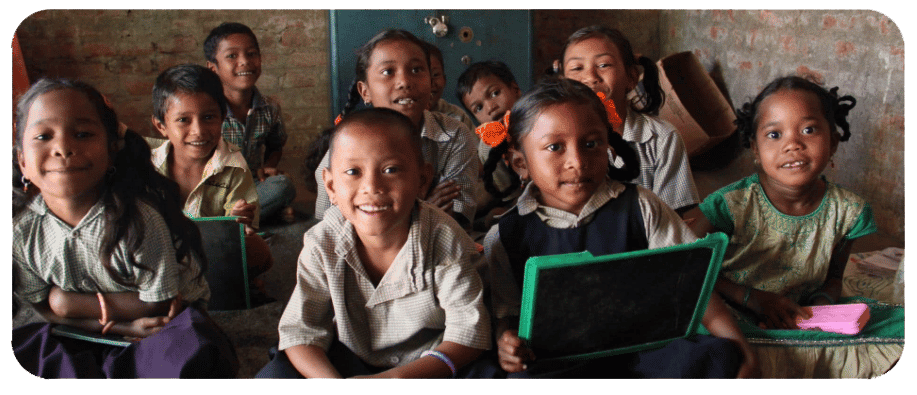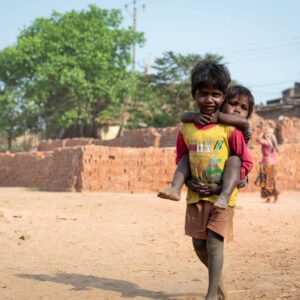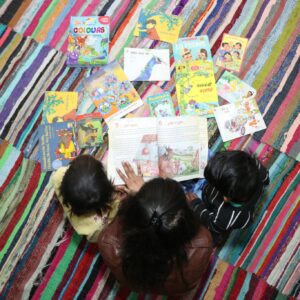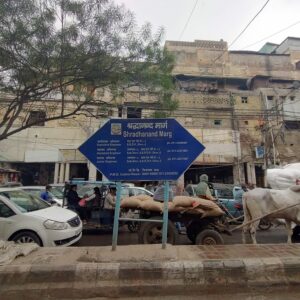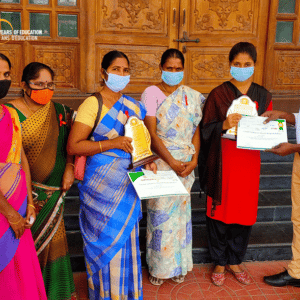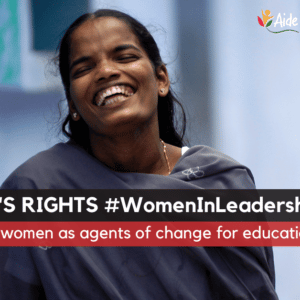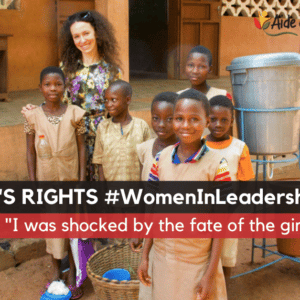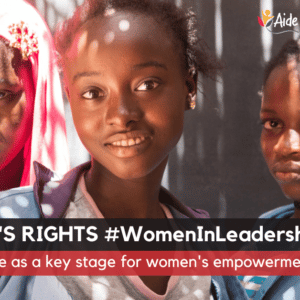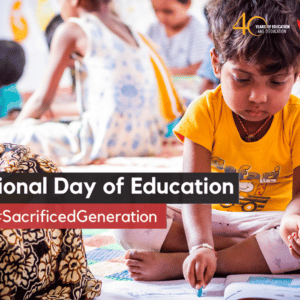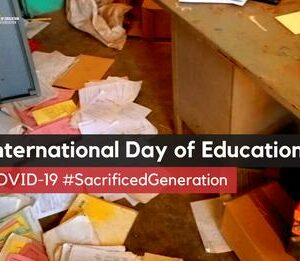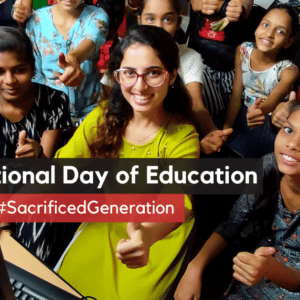The COVID-19 pandemic has been a health, economic and social catastrophe, which has literally shaken the world and whose consequences have not yet befallen the world. In education, it has deprived millions of young people of their right to education, exacerbated a creeping learning crisis, and today threatens the very future of generations. An alarming situation that Aide et Action denounces on the occasion of International Day of Education (24 January).
At the worst moment of the health crisis, 1.6 billion children, of which 760 000 girls[1], found themselves deprived of education. States immediately put in place educational alternatives, but 4 out of 5 opted for digital technology, leaving aside nearly 465 million children[2]who did not have access to computers or the internet. For almost 21 months, or almost 2 years, children and adolescents, for whom access to quality education was far from guaranteed, were therefore deprived of learning. Even today, more than 30,000,000 children[3]are deprived of a “traditional” apprenticeship and suffer the total or partial closure of schools. This obviously cannot be without consequences.
7 children out of 10 are unable to understand 1 story
Long before the appearance of COVID, it was already estimated that more than 617 million children[4]suffered from “learning poverty”: lack of qualified teachers, adequate materials, time dedicated to work due to the many domestic tasks, electricity sometimes to study at nightfall, 1 in 6 children could not read or write a simple sentence even after several years spent on school benches. It was estimated that 53% of children in low- and middle-income countries could not read or understand a story in the last year of primary school, an already high rate that could rise to 80% [5]in some schools. Early post-COVID estimates now show that percentage could now reach 70% [6].These 7 out of 10 children deprived of basic skills in low- and middle-income countries are mainly from the most vulnerable and marginalized groups: children with disabilities, from minorities or even girls.
A doomed generation
Such a loss of learning will be difficult to make up for in view of the current education conditions: in many countries, most of which are deprived of vaccines, schools are still partially or totally closed, and governments have not invested heavily in education (less than 3% of government stimulus plans have been allocated to education) and have not provided an adequate plan to support teachers, welcome and take care of children in very great difficulty and offer them remedial courses to bring them up to standard. In such a situation, the condemnation of an entire generation seems final. They will never be able to recover from such a crisis and their very future now seems threatened.
The World Bank, UNESCO and UNICEF now estimate that this generation of students stands at risk of losing $17 trillion in lifelong income in present terms, or about 14% of current global GDP, due to school closures linked to the COVID-19 pandemic[7].Beyond the economic consequences, such a loss of learning will deprive an entire generation of the ability to integrate socially, to become free and enlightened citizens capable of contributing to tomorrow’s worldand to face the multiple crises that are sure to occur. The urgency to act has never been so acute.
Under these conditions, Aide et Action is mobilizing and urging governments:
– To reopen schools as quickly as possible while respecting sanitary conditions and barrier gestures and to develop educational alternatives that are truly accessible to all children
– Ensure that teachers receive support and training to take care of the most vulnerable and traumatized children
More generally, we call for the construction of free, inclusive, and quality education systems so as to guarantee all children, especially the most marginalized ones, the right to quality education. It is also important to allocate suitable HR and financial resources to these systems so that no one is left behind. We urge development aid donor countries to prioritize aid to education, especially basic education.
[1] UNESCO 2020
[2]Save The Children, Save Our Education, 2020
[3] UIS 2021
[4] UNESCO 2018
[5]State of worldwide crisis in education: a road to recovery, World Bank, UNESCO, UNICEF, 2021
[6]State of worldwide crisis in education: a road to recovery, World Bank, UNESCO, UNICEF, 2021
[7]State of worldwide crisis in education: a road to recovery, World Bank, UNESCO, UNICEF, 2021


